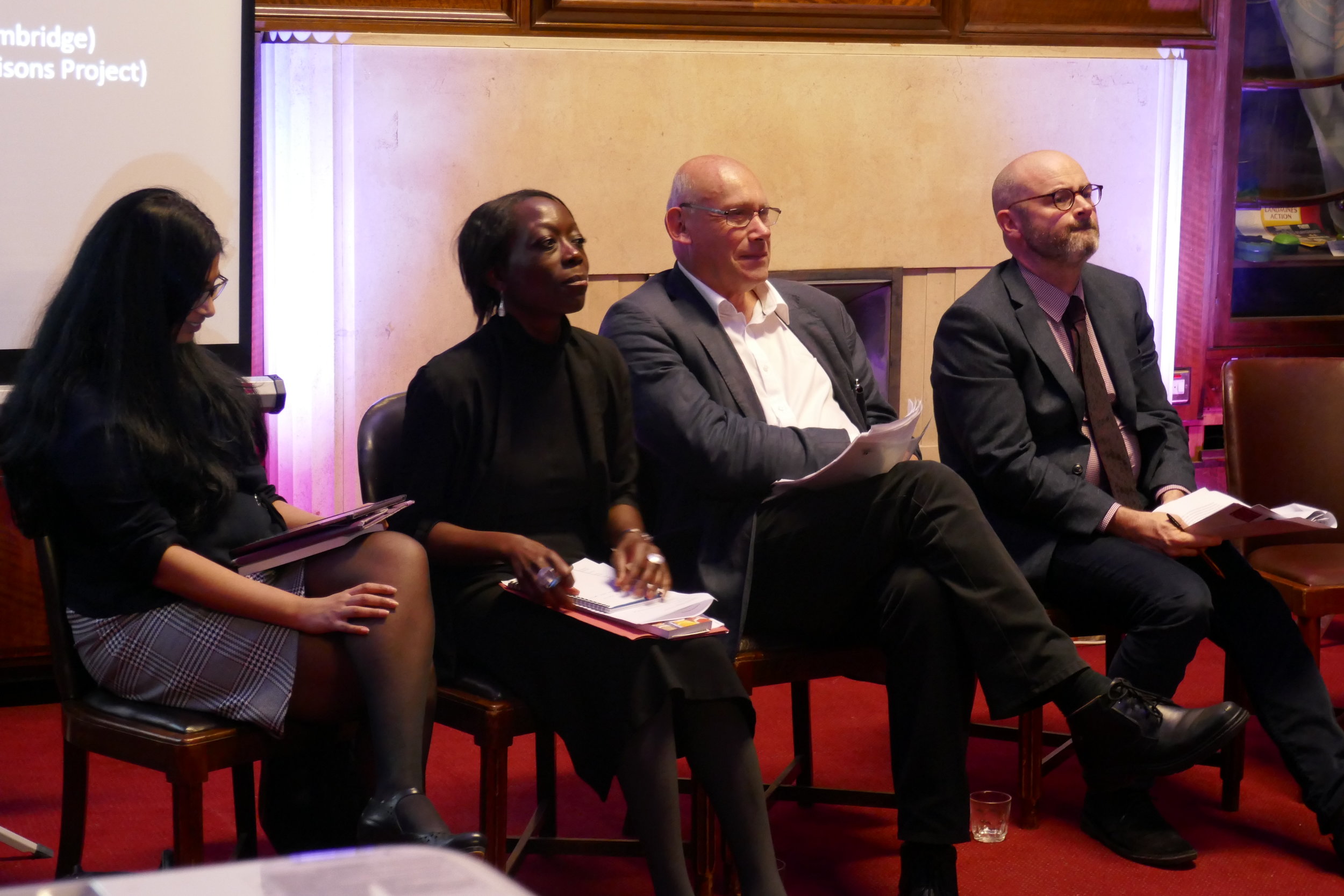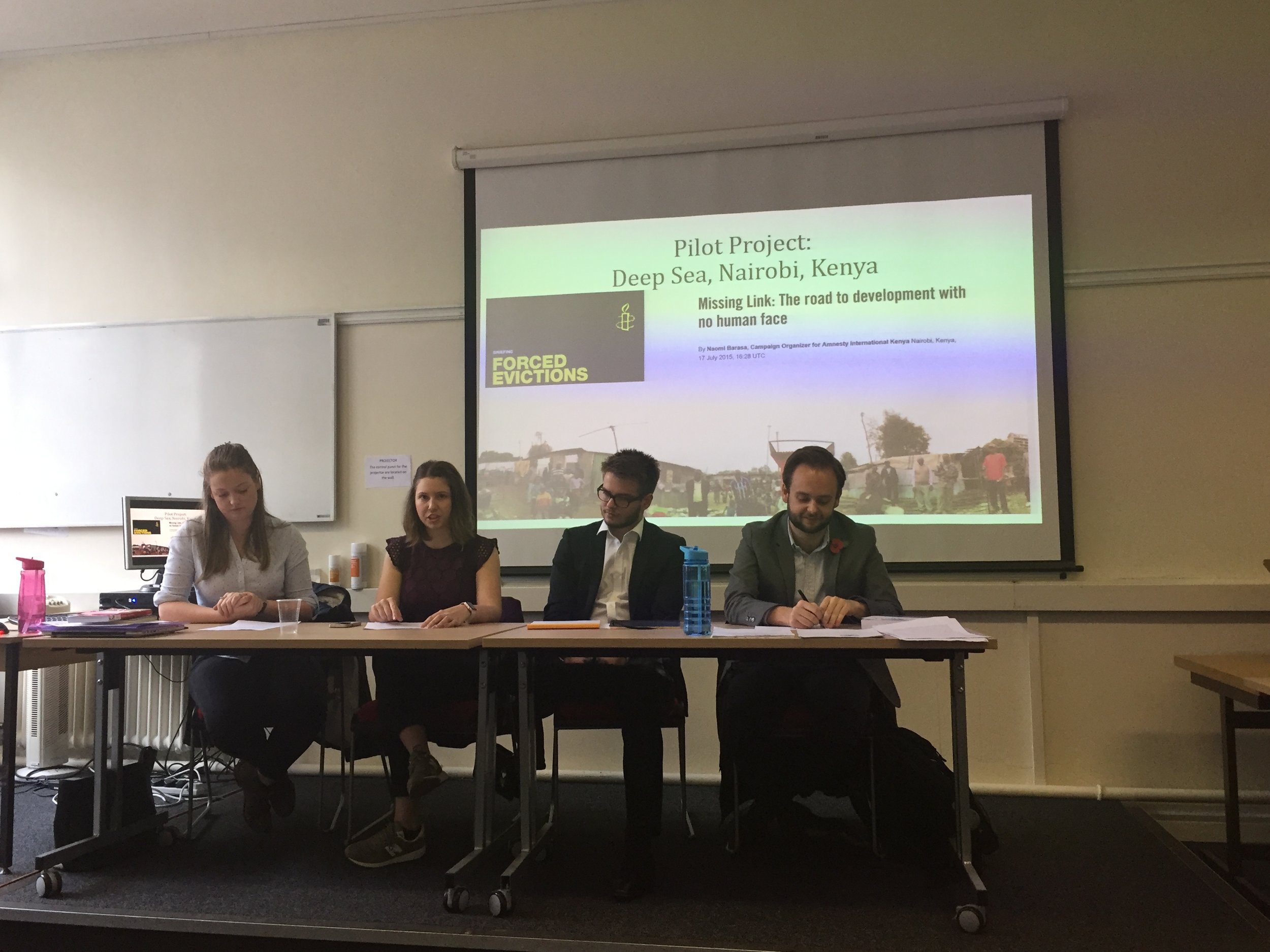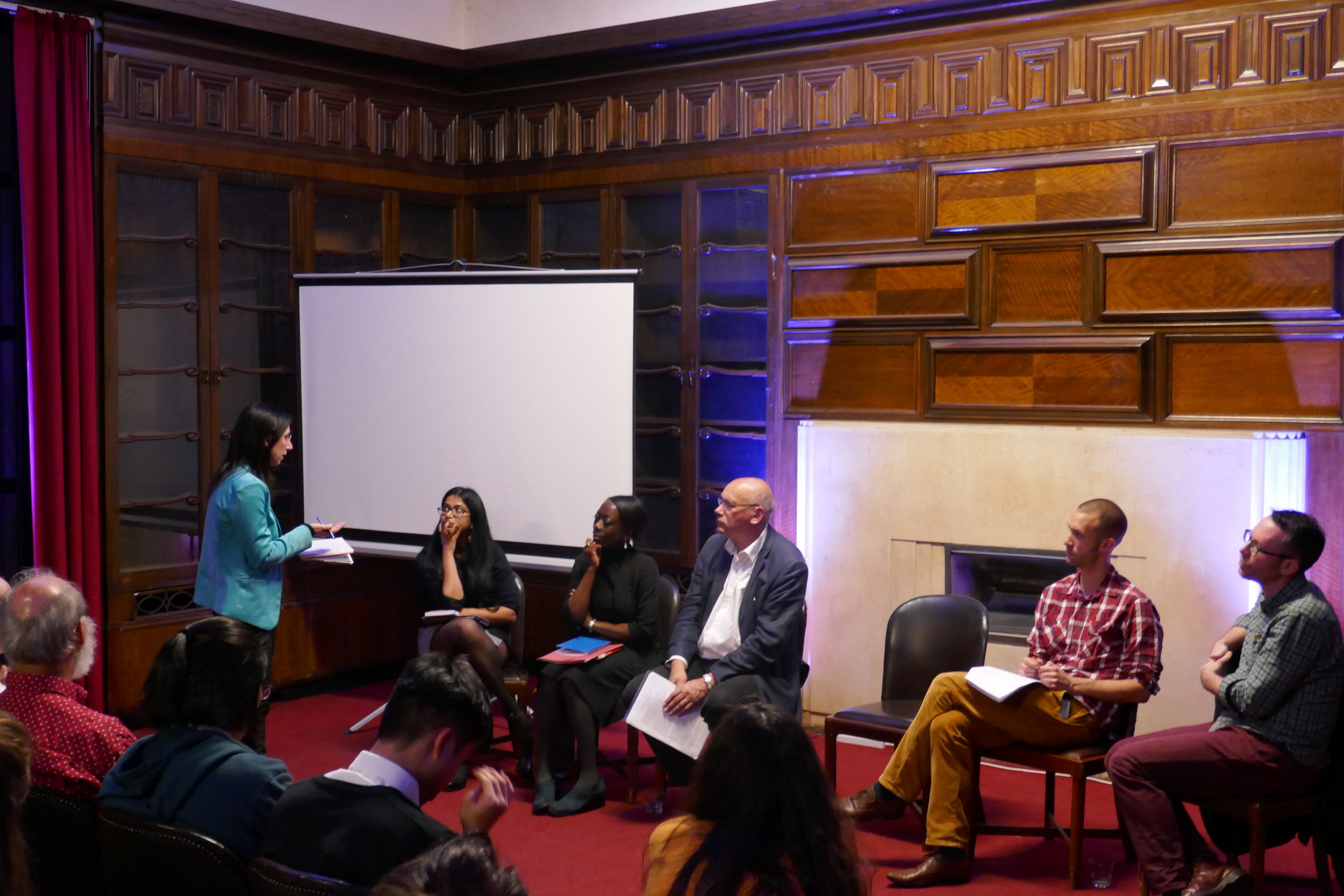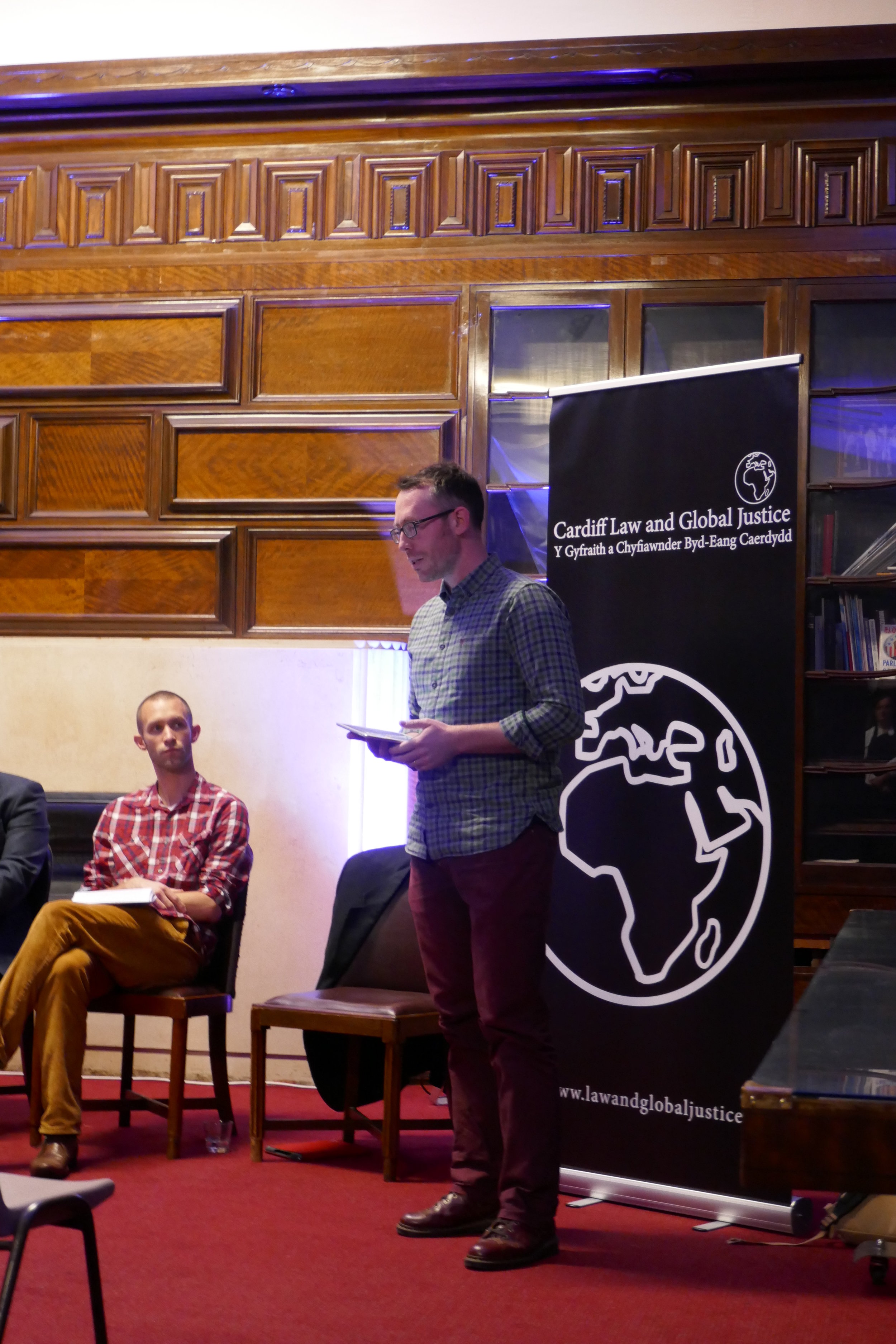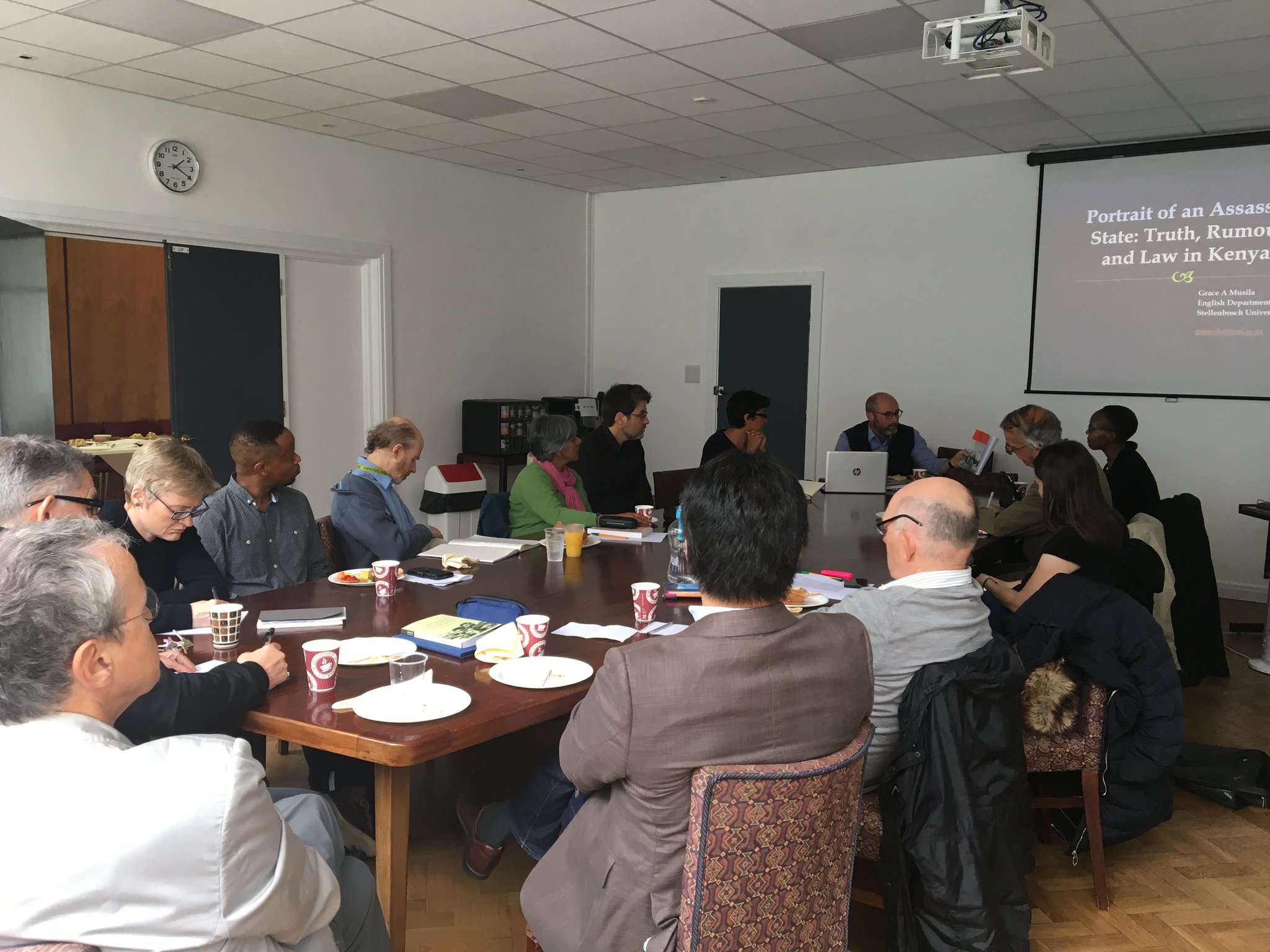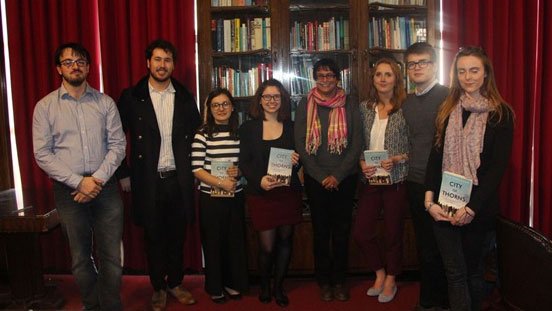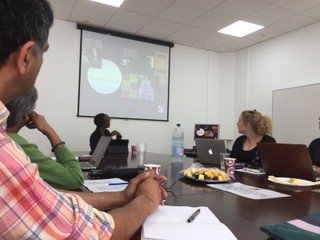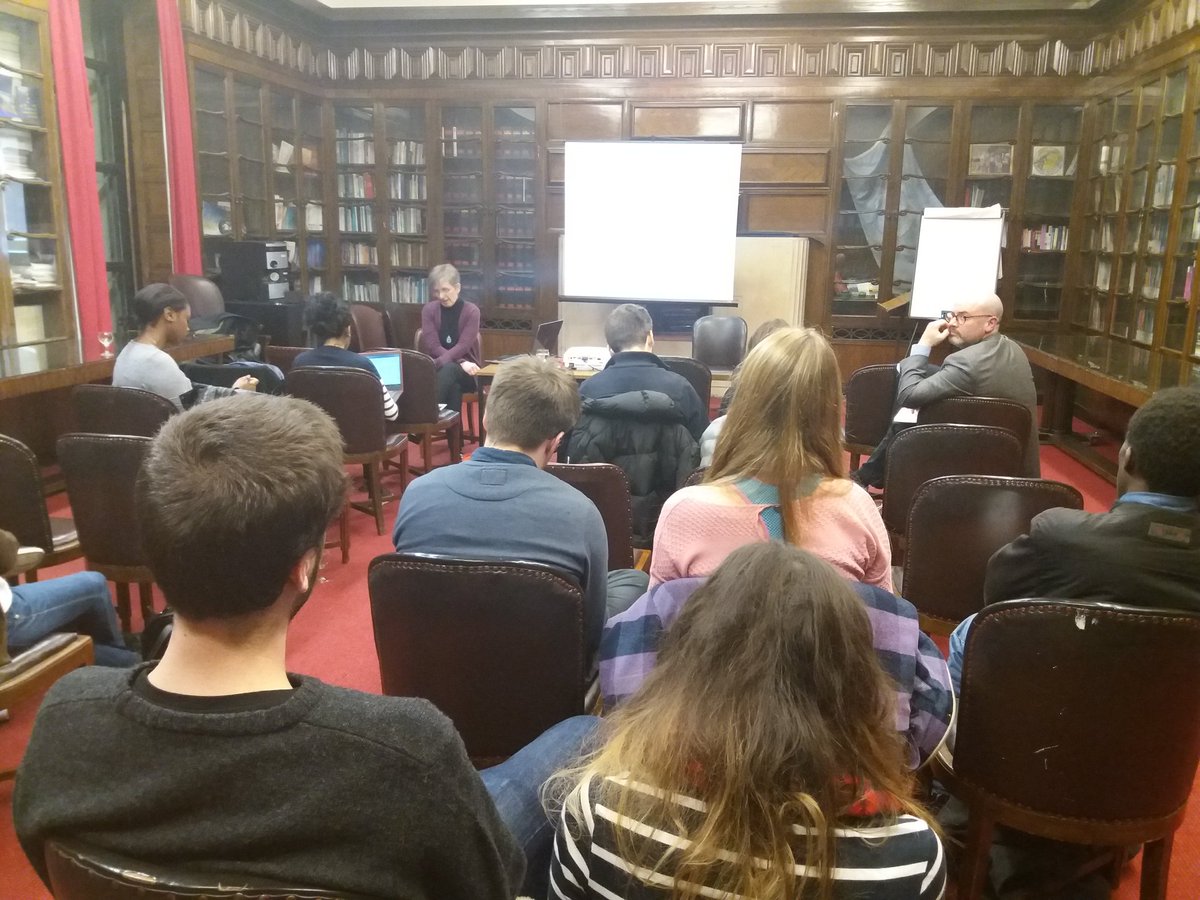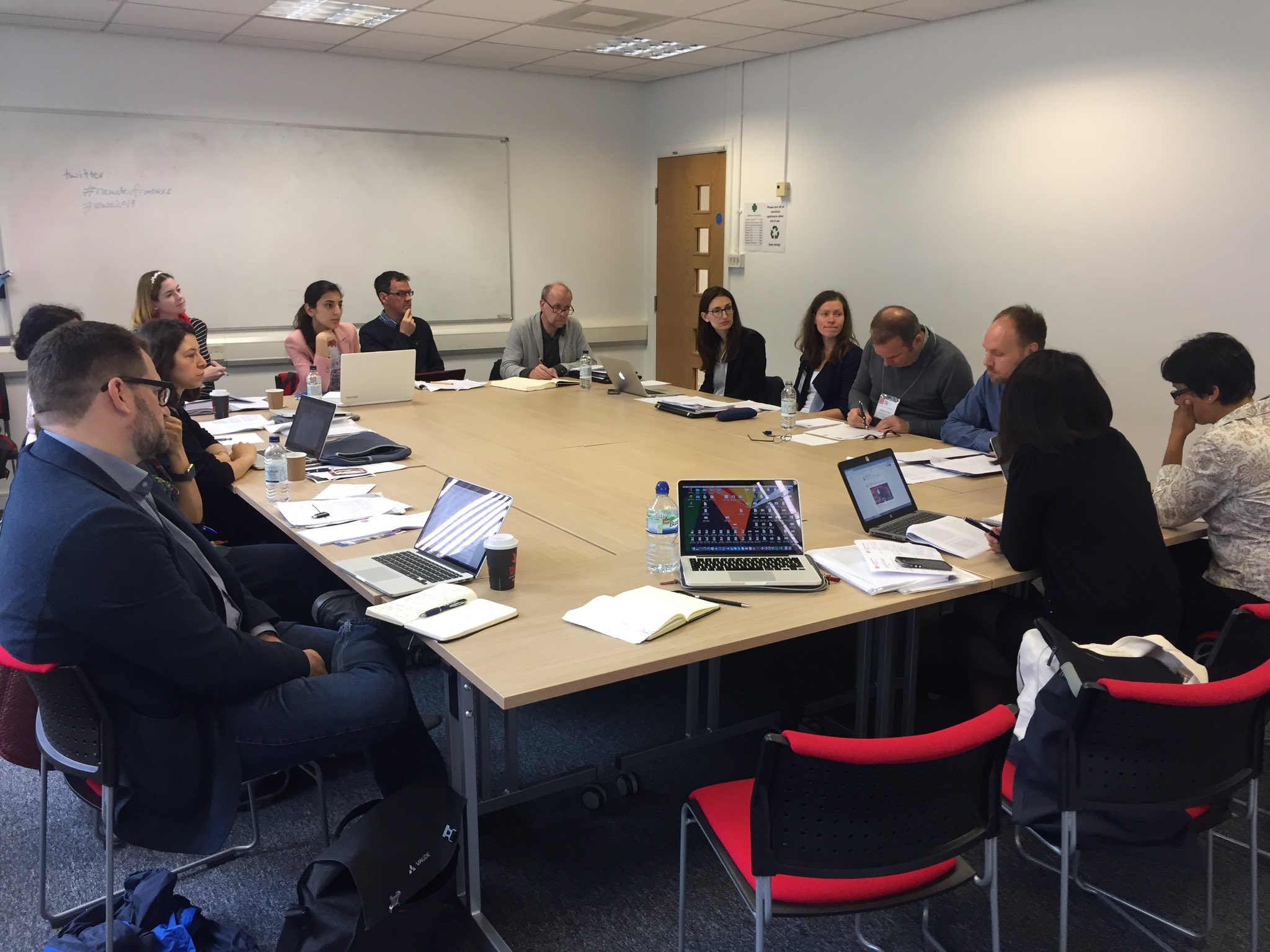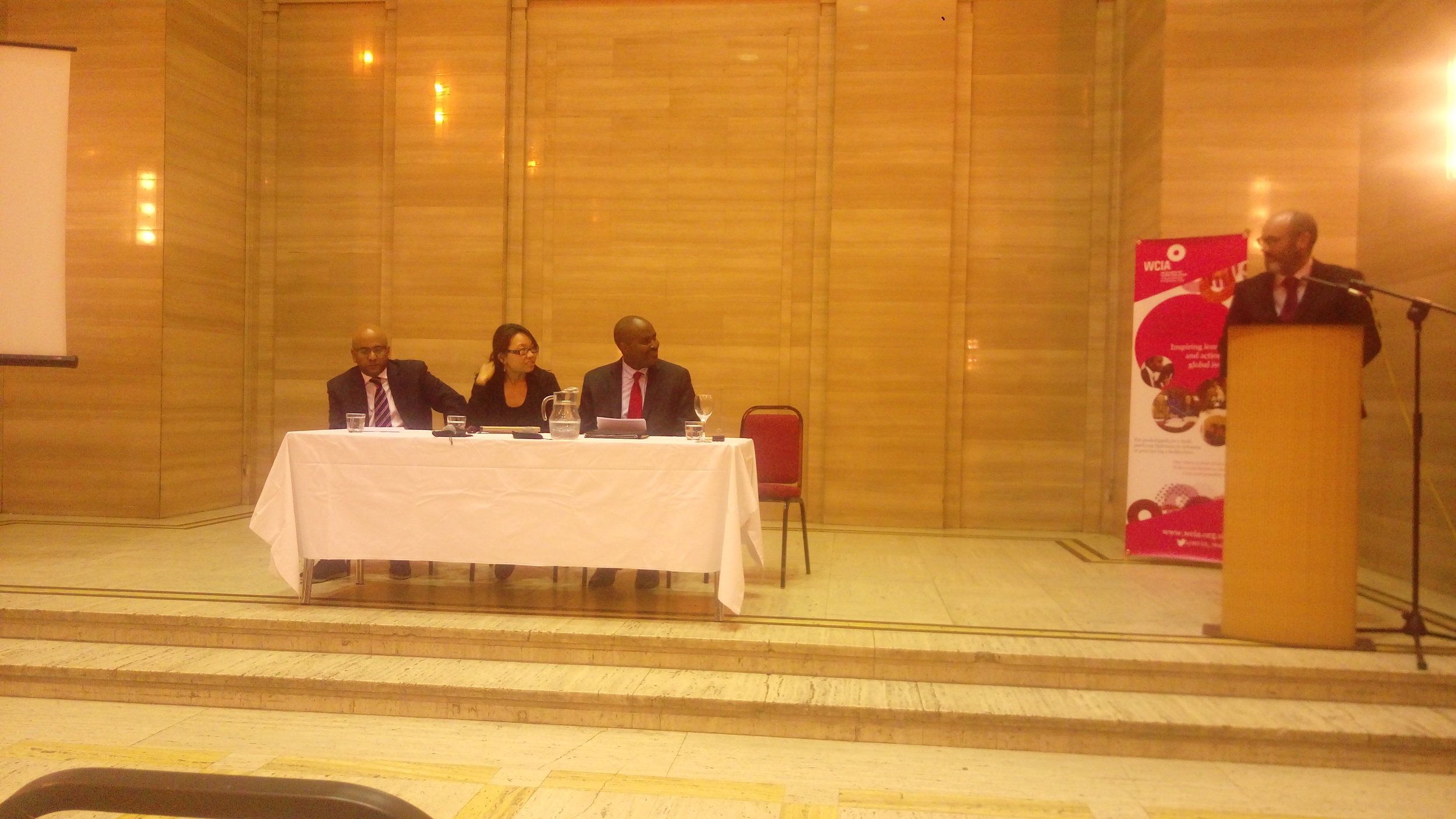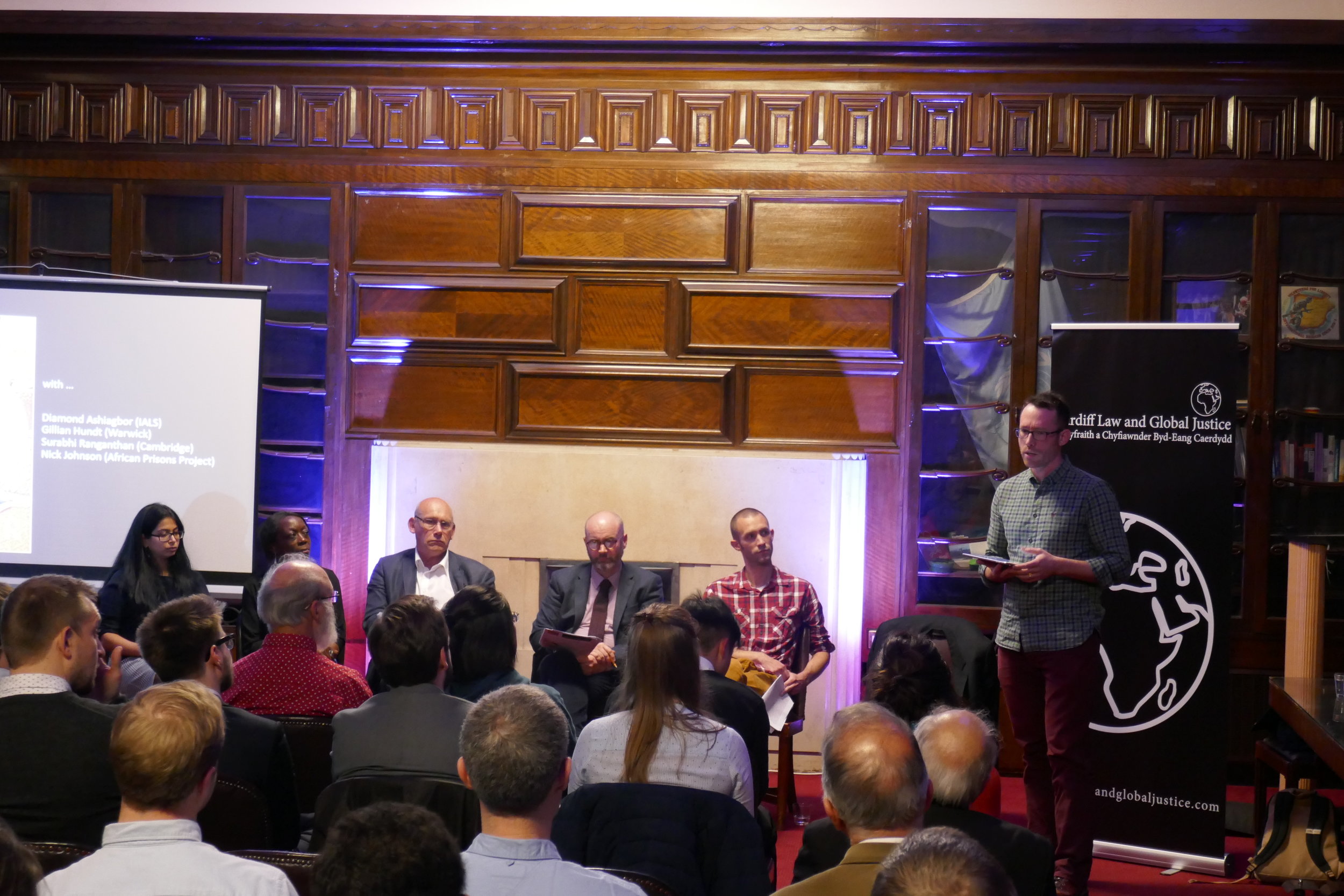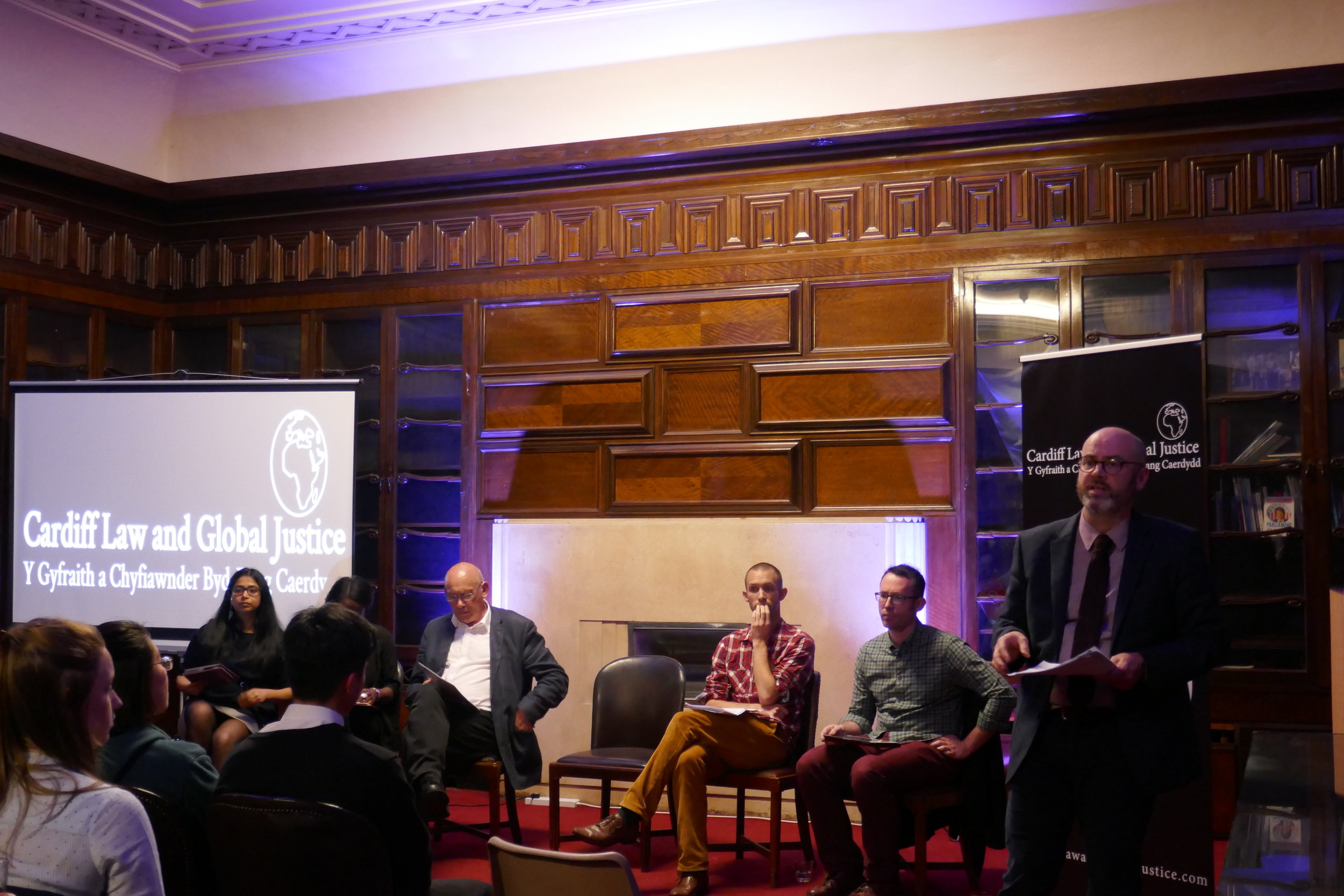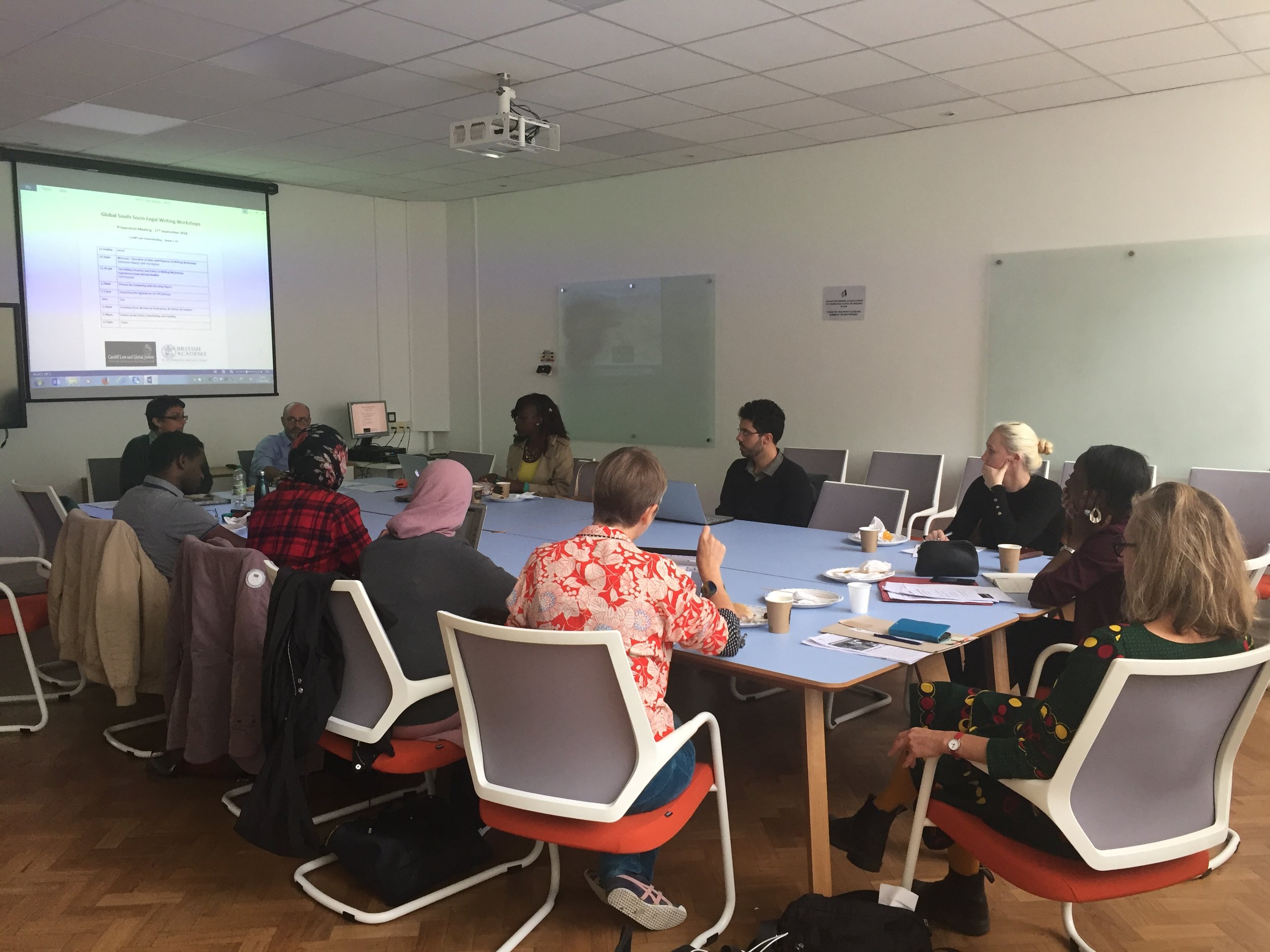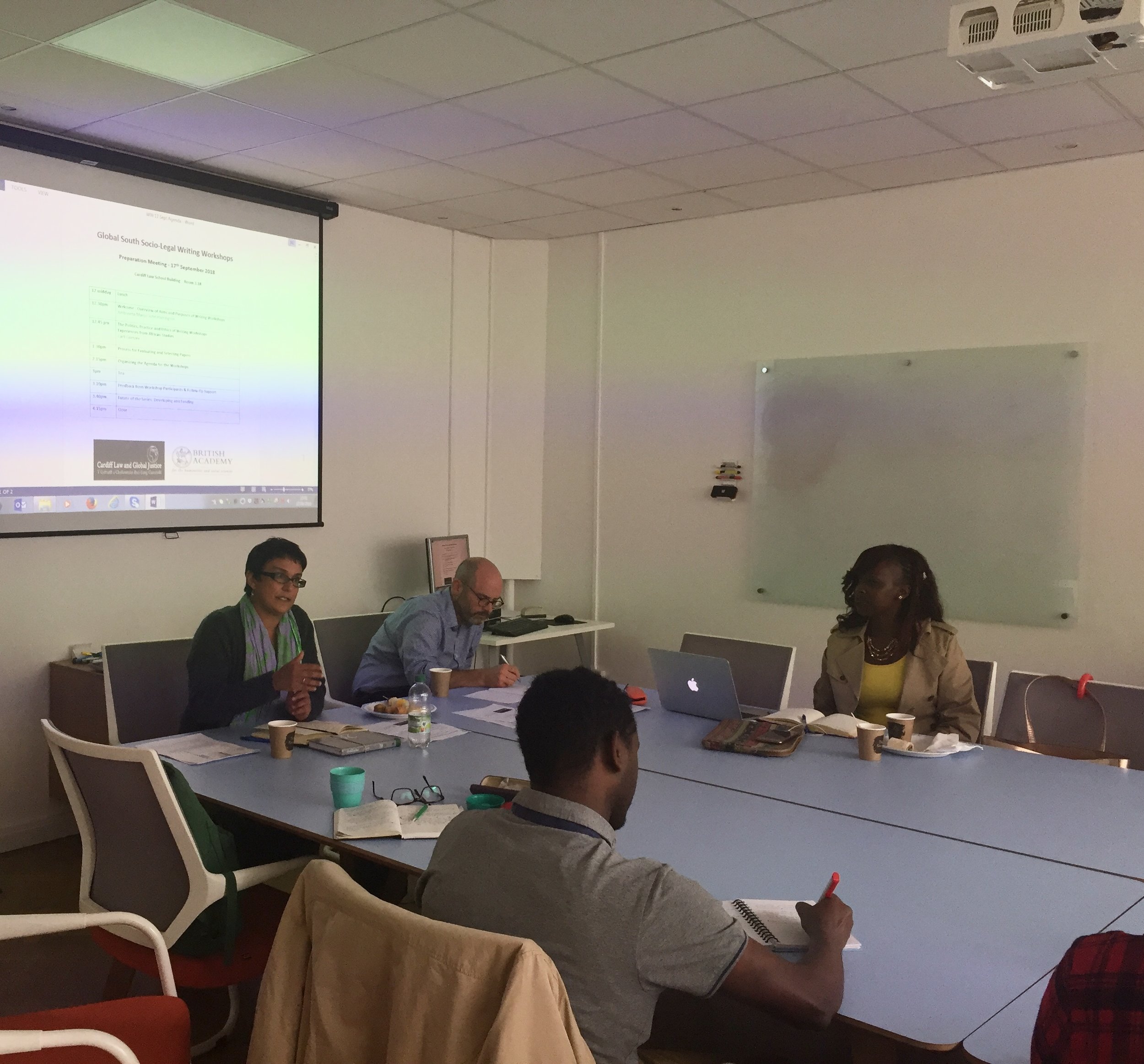PROOF OF ENFORCED DISAPPEARANCE - EAST AFRICA. 2018-2019
Working with Amnesty International: Global Justice Pro-Bono Addressing Problems of Proof in Enforced Disappearance Cases
An enforced disappearance occurs when a state or political organization secretly abducts an individual. Although enforced disappearances are prohibited under international law through multiple treaties, such as the International Convention for the Protection of All Persons from Enforced Disappearance, the covert nature of the crime makes it extremely difficult to find proof that the abduction occurred. Indeed, there is often very little evidence available and potential witnesses fear the same fate and are reluctant to testify.
From October 2018, students in the Cardiff Law and Global Justice Pro-Bono scheme, guided by Professor John Harrington, worked alongside the Strategic Litigation programme at Amnesty International to address the legal issues raised by the significant number of enforced disappearances occurring in certain regions of East Africa.
Work was divided up between teams of three or four students. One focused on the political and historical background to the recent wave of enforced disappearances in the region. They documented the context of these enforced disappearances identifying which type of individuals are targeted, often journalists or political opponents of the Government.
Pro-bono team with Dan Cullen, Amnesty International Intern.
Another team looked at the definition of possible violations under International Law. Students examined whether enforced disappearances had achieved jus cogens status, ie. whether the prohibition of enforced disappearances is so potent that all international actors (i.e. States) are bound to abide by it, regardless of whether they have signed international treaties on the issue.
A further team worked on analysing how human rights courts around the world have approached the problem of proving enforced disappearance. They compared the rules on the level of proof needed in such cases and on who bears the burden of proving such a disappearance in the first place.
It was found that the European Court of Human Rights (ECtHR) and the Inter-American Court of Human Rights (IACtHR) required a lower standard of proof in such cases because of the inherent difficulties in proving an enforced disappearance. For example, the IACtHR accepts a ‘widespread pattern of behaviour’ as evidence that an enforced disappearance may have taken place in a particular instance. This has enabled the authorities in Latin America to prosecute countless individuals who carried out enforced disappearances during the period of right-wing dictatorships there in the 1970s and 1980s.
The group benefitted from the advice of the award-winning Cardiff University Student Law Clinic and its director Professor Julie Price. Daniel Cullen, strategic litigation intern at Amnesty International, travelled to Cardiff in December 2018 to mentor and advise the group on the direction of their research. He is pictured here with students and Professor Harrington.
The comprehensive report will aid the Strategic Litigation programme in their efforts to develop the case law of the African Commission on Human and Peoples’ Rights to relax the burden and standard of proof in enforced disappearance cases. Acknowledging the work of the Cardiff Law and Global Justice Pro-Bono group, Lucy Claridge, Director of Strategic Litigation at Amnesty, said that the report had made ‘an important contribution to the work of Amnesty International and its NGO partners in the region, with a particular focus on developing the case law of the African Commission on Human and Peoples’ Rights’.




